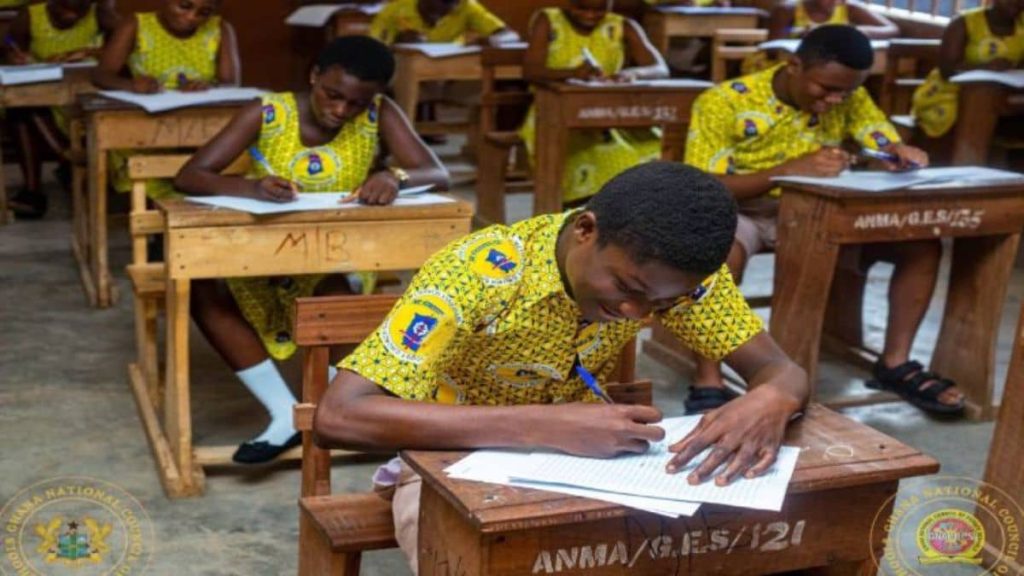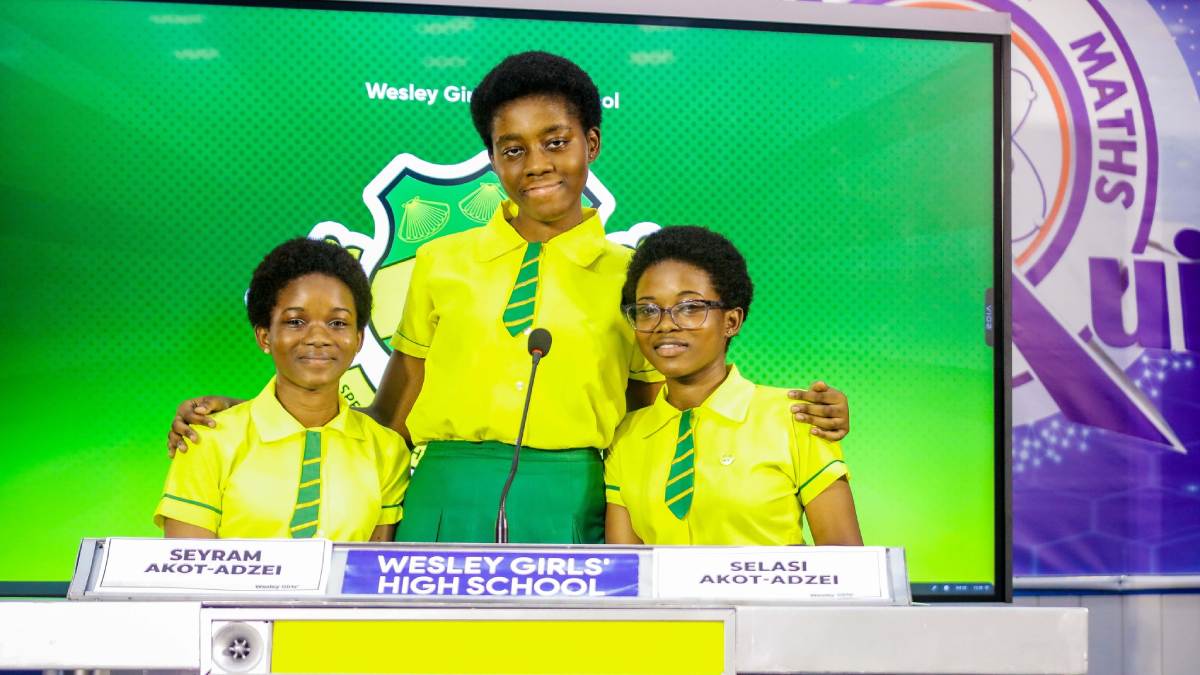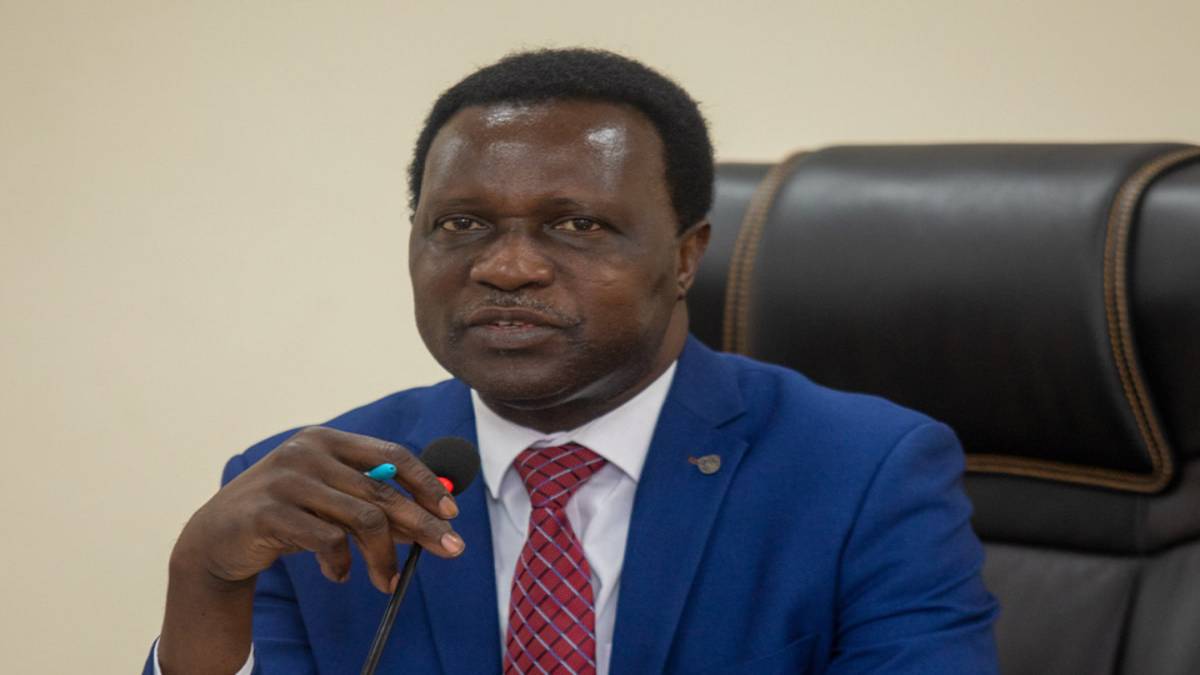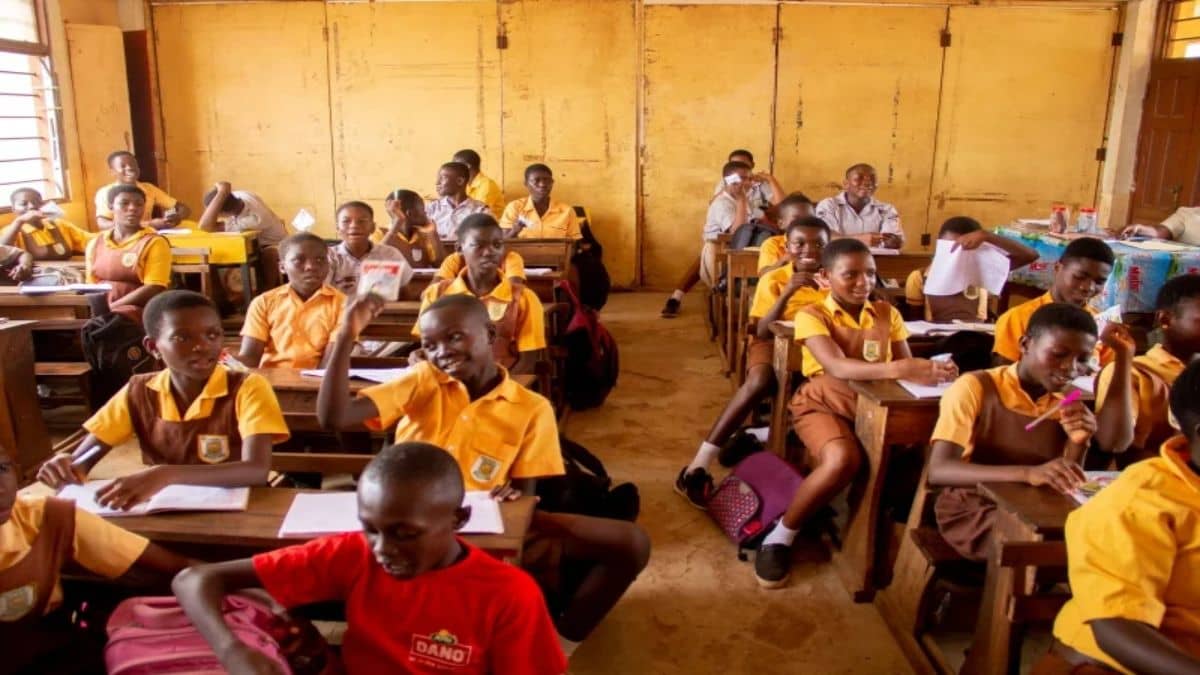GES explains 2025/26 BECE for School and Private aggregate score

The Ghana Education Service (GES) says the Basic Education Certificate Examination (BECE) aggregate score is a set of metrics that determines a candidate’s overall score in the national examination.
In a social media post sighted by Pretertiary.com, GES said that the BECE aggregate score is used by the Computerised School Selection and Placement System (CSSPS) to place students in second-cycle schools.
It said the candidate’s aggregate score is determined by adding grades obtained in the four core subjects, English Language, Mathematics, Integrated Science, and Social Studies, plus the best two grades from the elective subjects. Thus, English + Mathematics + Science + Social Studies + [any two best subjects].
“While raw scores remain the primary measure for school placement, the overall aggregate also serves as an important factor in the Computerised School Selection and Placement System (CSSPS) selection process,” GES said in the post.
In other news, the Ghana Education says BECE candidates with more than aggregate 30 will now be admitted to Senior High Schools and Technical Institutes under the Computerised Schools Selection Placement System (CSSPS).
Previously, only Basic Education Certificate Examination (BECE) candidates with an aggregate of up to 30 qualified for admission under the Computerised School Selection and Placement System (CSSPS).
The qualified candidates needed to score not more than grade five in any of the core subjects of English, Mathematics, Science and Social Studies, and not more than grade six in any other two electives.
The criteria meant that a candidate who scored one in other subjects and scored grade six in Mathematics did not qualify for computer school placement in any second-cycle school.
GES’s decision to place candidates with more than an aggregate of 30 follows research that indicated some BECE candidates with an aggregate of 40 and 42 weren’t bad at all and would do well given the right environment.
According to the Ghana Education Service, the review of the computerised school placement criteria was not to lower standards but to encourage prospective students who did not have the best of preparations.
This year, a total of 603,328 candidates, comprising 297,250 males and 306,078 females, from nineteen thousand, five hundred and five (19,505) participating Junior High Schools (JHSs) entered for the school examination.
This includes seventy-two (72 ) candidates with visual impairment, two hundred and thirty-nine (239) with hearing impairment, and one hundred and sixty-one (161) candidates with other test accommodation needs.
The examination was conducted at two thousand, two hundred and thirty-seven (2,237 ) centres across the country. Out of the total number, two thousand, five hundred and twenty-six (2,526) candidates were absent.
The BECE for Private Candidates recorded a total entry figure of one thousand, three hundred and ninety (1,661) candidates. This was made up of eight hundred and fifty-eight (858) males and eight hundred and three (803 ) females.
Fifteen (15) centres, mostly in the regional capitals, were used for the Basic Education Certificate Examination (BECE) for Private Candidates. Out of the total number of candidates who entered for the examination, fifty-seven (57) were absent.



